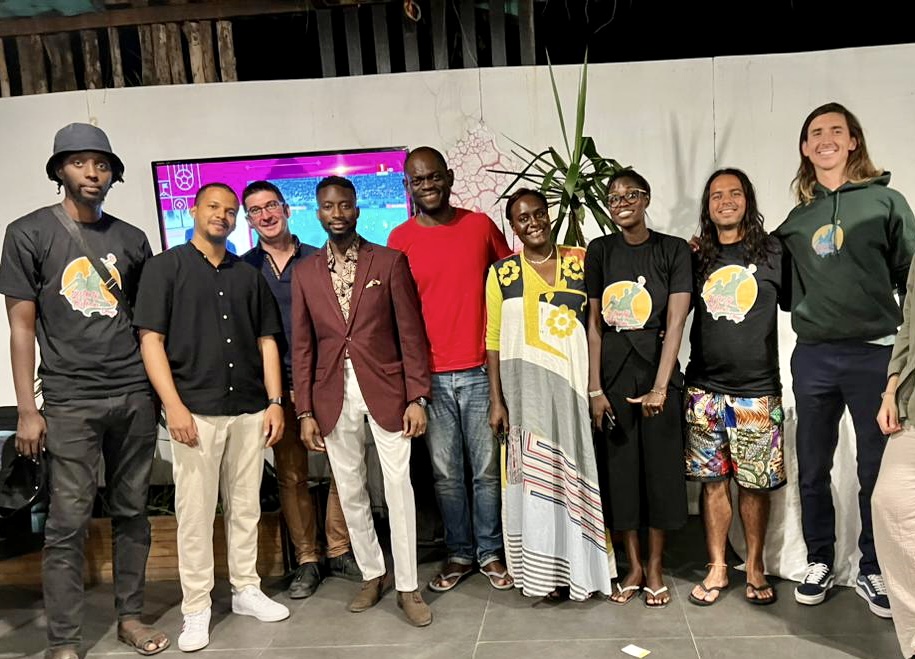Cointelegraph goes to Senegal, West Africa. The medium-sized African nation recently hosted a Bitcoin conference (BTC) and more and more merchants and customers are joining the Lightning Network.
Armed with a camera, a lightning wallet and a microphone, Reporter Joe Hall took to the streets of Senegal to peer under the surface of Bitcoin adoption in the capital city, Dakar.
As the Cointelegraph Youtube video highlights, Senegal has a young, digitally native population and in recent years, its become second nature for people to send money via mobile phones rather than banks.
A mobile money provider called Wave, for example, began in 2017 in Senegal and has since expanded to other countries in West Africa. It now boasts millions of users.
Much like Bitcoin, the mobile money revolution attempts to bank the unbanked and improve financial conditions for financially underserved populations. Its user experience is quite similar to sending money over Bitcoin’s Lightning Network, in that you scan a QR code or send money to a number, however, mobile money charges anything from 1 to 3% and can take a few minutes to confirm. It’s therefore a useful tool, but too costly for microtransactions.
In the video, Hall sends Bitcoin over the Lightning Network to a manager at Wave, who showed interest and surprise at the Bitcoin Lightning Network’s efficacy. In fact, many Senegalese were interested in receiving, acquiring or learning how to custody Bitcoin.

The Dakar Bitcoin Days conference underscored the Senegalese’ interest in learning about and using Bitcoin. Founded by Nourou, Dakar Bitcoin Days is part of Bitcoin Sen, another pocket of budding Bitcoin activity in West Africa.
However, the overarching reason which could lead to greater Bitcoin adoption in Senegal is breaking the monetary chains of its colonial past.
In 1994, the value of the local currency, the CFA was sliced in half by a combination of efforts from France, the IMF and the World Bank. Senegalese fiat savings were decimated.
The scars of this monetary collapse and its residual regime remain in west africa and Senegal. The CFA money is not sovereign and it disempowers and disenfranchises people.
That’s why people are looking for alternatives, and some are turning to Bitcoin.
Main content of the article:
Senegal is showing an increasing interest in Bitcoin and its Lightning Network as more merchants and customers adopt the technology. Cointelegraph sent reporter Joe Hall to Dakar to explore the uptake of the cryptocurrency. The mobile money provider Wave, which began operating in the country in 2017, has now expanded throughout West Africa and has millions of users. Although similar to Bitcoin in being aimed at helping the unbanked and improving financial conditions, it charges between 1% and 3%, taking a few minutes to confirm. However, some Senegalese are turning to Bitcoin as a way of breaking free from the chains of their colonial past, in which the local currency was cut in half by a combination of French, IMF and World Bank efforts in 1994.















